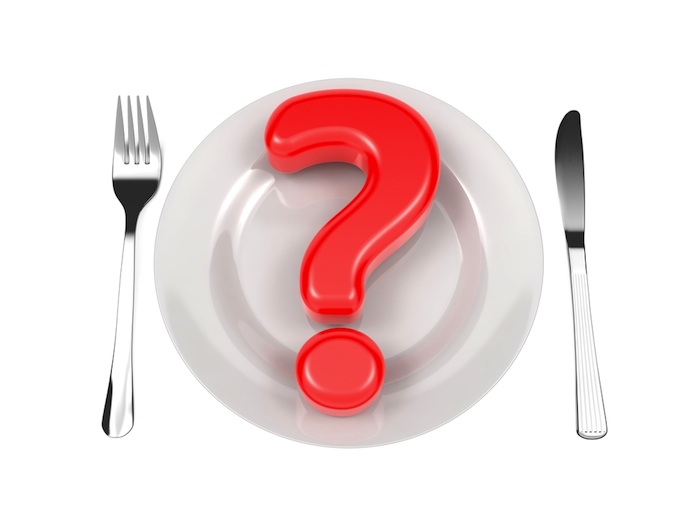If you found yourself in a position to make the choice, what would you choose to have for your final meal?? It’s an interesting question for any number of reasons, not only because it gets you thinking about what foods you love most, but about how we think about food, and the deep connections between what’s on our plates and what’s in our hearts.
Last Meals, a recent article in Lapham’s Quarterly, got me thinking – yet again – about this question, and pointed me toward an oddly fascinating blog called Dead Man Eating, which details actual last meals of those about to be executed.? Both are worth checking out.
So what would you choose, and even more interestingly, why would you choose it?? Is it simply a matter of what foods taste best to you?? Would you choose foods that allowed you to feel a moment of physical luxury in the moments before your body gave out?? Would it be foods which summoned the presence of loved ones who prepared or served you the chosen dishes?
Of course, the most common association with this question, actually going back to the “original” last supper, is the choice made by a person condemned to die.? And clearly, that context brings all kinds of baggage to the choice making process.
You might choose to eat in a way that sends a message to those you leave behind.? You might choose foods which made extreme demands of those who were going to kill you, as a prisoner did some years back when he asked for lobsters and fine wine.? His request, by the way, was denied.
But if we can get past that common association with the last meal chosen by the condemned, the question focuses our attention on what it is we really enjoy, and then maybe invites us to live in light of that well before it’s time for our last meal.

Listed for many years in Newsweek as one of America’s “50 Most Influential Rabbis” and recognized as one of our nation’s leading “Preachers and Teachers,” by Beliefnet.com, Rabbi Brad Hirschfield serves as the President of Clal–The National Jewish Center for Learning and Leadership, a training institute, think tank, and resource center nurturing religious and intellectual pluralism within the Jewish community, and the wider world, preparing people to meet the biggest challenges we face in our increasingly polarized world.
An ordained Orthodox rabbi who studied for his PhD and taught at The Jewish Theological Seminary, he has also taught the University of Pennsylvania, where he directs an ongoing seminar, and American Jewish University. Rabbi Brad regularly teaches and consults for the US Army and United States Department of Defense, religious organizations — Jewish and Christian — including United Seminary (Methodist), Yeshivat Chovevei Torah (Modern Orthodox) Luther Seminary (Lutheran), and The Jewish Theological Seminary (Conservative) — civic organizations including No Labels, Odyssey Impact, and The Aspen Institute, numerous Jewish Federations, and a variety of communal and family foundations.
Hirschfield is the author and editor of numerous books, including You Don’t Have To Be Wrong For Me To Be Right: Finding Faith Without Fanaticism, writes a column for Religion News Service, and appears regularly on TV and radio in outlets ranging from The Washington Post to Fox News Channel. He is also the founder of the Stand and See Fellowship, which brings hundreds of Christian religious leaders to Israel, preparing them to address the increasing polarization around Middle East issues — and really all currently polarizing issues at home and abroad — with six words, “It’s more complicated than we know.”

